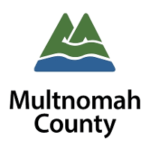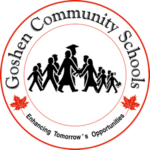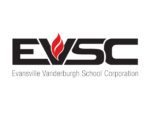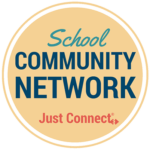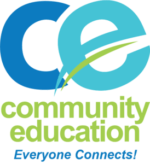Community School Models
RFK Community Schools is comprised of six autonomous Pilot Schools that were built to relieve underperforming and overcrowded schools located in the historically underserved neighborhoods of Pico-Union and Koreatown. Students are given a personalized instructional program that will help them be successful in their futures.
The role of the National Center is to build the capacity of schools, districts, community partners and government agencies to help them create a school that centers around student success. By providing training, consultation, facilitation, materials and advocacy, The National Center helps create community schools all over the country that provide students with the education they need to be successful.
The SUN Service System, which stands for Schools Uniting Neighborhoods works in communities to lead to educational success and family self-sufficiency through an integrated network of social and support services for youth, families and community members.
LSNA is a nationally recognized model of successful collaboration between a community organization and public schools, creating a community-centered school that serves immigrant families.
Lincoln Community Learning Centers (CLC) operates in more than twenty-four schools in Nebraska and follows the six “Community Learning Center Principles:” collaboration, integration of services, lifelong learning culture, outcome focused, community leadership, and neighborhood based. Lincoln CLCs utilizes a delivery system model that uses local schools to provide enrichment programs and supportive services for citizens of all ages in the community.
Kent School Services Network is located in Grand Rapids, Michigan and was created by the Kent County Family and Children’s Coordinating Council in order to create strategies on how to use community resources to support achievement. The initiative has tripled over a period of five years and been very successful by increasing student achievement, lowering student absences, and improving coordination of services.
The Goshen Community School located in Indiana is a model of community schools that ensures all students acquire knowledge and apply skills that enhance tomorrow’s opportunities.
Evansville Vanderburgh School Corporation (EVSC) is based in Evansville, Indiana and views each of their schools as a “community school” in which businesses, community agencies, and families work together to provide children with the best education possible. EVSC works to establish an infrastructure of support in school communities and providse programs and services that promote the physical, mental, and emotional health of children and their families.
The Community Learning Center Institute (CLCI) works in the Greater Cincinnati community to develop learning centers in schools in order to revitalize community partnerships and respond to the needs of each school and neighborhood. The CLCI implements successful strategies through community engagement, site-based governance, partnership networks, cross boundary leaderships and resource coordinators.
The Community and School Engagement Strategy is a program sponsored by the Family League of Baltimore that integrates academic enrichment, health and social supports, strong families, and healthy communities to provide resources that are open to all community members. The program partners with cultural institutions, faith-based organizations, community-based organizations, and schools to provide services that include out of school time programs, activities to develop new skills, and nutrition resources.
In this article from Stateuniversity.com there are strategies and plans on how to create and implement successful community schools.
Closing the Gap in Student Performance is an initiative formed by the partnerships of twenty-five different agencies that include: local non-profits, faith-based charities, schools and government agencies to establish community partnerships in specified schools within the Buffalo Public Schools District. The initiative addresses the non-academic barriers that affect families and hinder academic success.

